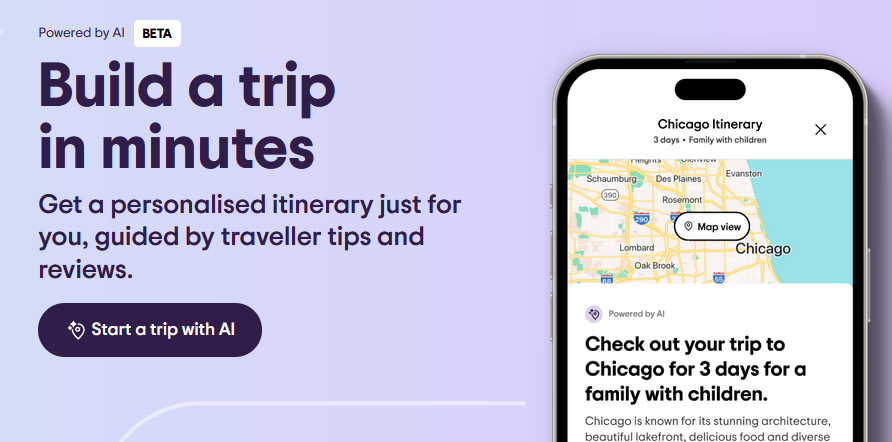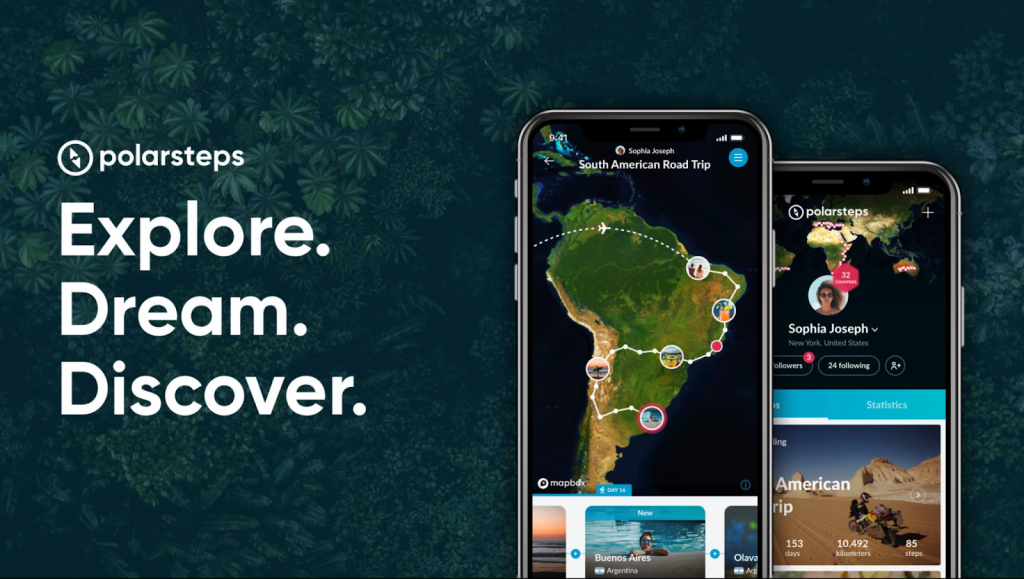Artificial intelligence is not a new term or concept and harks back to the 1940’s and Alan Turing’s Enigma machine. However, in the last few years AI has gained more traction as a viable technology across most, if not all industries. Positioned to improve business operations, AI technology has been mentioned frequently in the travel industry and travel providers are enthusiastic about the technology. The travel marketplace is highly competitive and providers will always embrace ways to save time and money by streamlining operations and elevating customer experiences by adding services or improving processes. For 2024 alone, Southwest Airlines earmarked $1.7 billion for technology investment and building generative AI infrastructure is on the agenda. AI technology can give travel businesses an advantage in both client facing technologies as well as creating efficiency on the back end.

AI and The Travel Client
The travel industry lost 62 million related jobs in 2020 as a result of the pandemic and ensuing lockdowns. As volumes and traffic slowly return to pre-pandemic levels, the labor situation is bleaker. A survey by McKinsey in 2023 indicated that 11% of travel jobs remain vacant in the European Union and 7% for the US. Travel providers are attempting to close the gap between client service and personnel challenges by adopting consumer facing technologies that can help travelers during all stages of purchasing:
- AI powered chatbots can make travel recommendations based on user preferences
- Concierge type platforms can create and manage bookings as well as process travel payments
- AI backed technology can forecast airfare pricing based on an array of historical and real time data and show users the best possible time windows to purchase tickets
- Complex trip itineraries and group travel planning can be handled end to end by AI based platforms
The travel industry will still depend on human interaction and engagement in many facets of the business but providers are prioritizing closing the gap between client experience and resources available and are turning to the latest innovations to keep customer service consistent.
Creating Operational Efficiencies
Rising operational costs are driving travel companies to look for ways to control resource consumption and maximize efficiency. Investment in technology that can streamline operations will continue to ramp up as innovations in AI bring solutions that can address operational challenges and create those necessary efficiencies. Companies have adopted AI technology in most operational facets of the industry. Some examples are:
- Air transportation providers can benefit from technology that can optimize scheduling and equipment use to maximize return of resources and reduce costs
- Airport facility operators can reduce passenger processing times and increase efficiency with advanced facial recognition and baggage control technology
- Hotel and resort operators use AI technology to manage facility automation and food & beverage inventory monitoring to identify efficiencies and reduce consumable waste.
- AI technology can automate many administrative tasks and can closely monitor and control revenue functions
Marketing technology has also advanced and travel providers are using advanced platforms to track client behavior and optimize products and services to meet demand in real time.
AI in the Mainstream
Leading travel companies have already deployed AI powered customer facing technology with the goal of providing an easy and seamless purchasing experience. Airlines, hotels & resorts and online travel agencies (OTAs) utilize AI platforms to deliver client focused services and conveniences. Some of the key companies using AI innovations are:
- Expedia’s Chatbot can process natural language requests from users and provide real time information on flights and accommodations as well as make travel suggestions for clients in the research phase of the purchase
- TripAdvisor uses AI for in travel enhancements, offering voice activated guided tours that can answer questions and reveal localized experiences
- Sabre’s backend technology is an all-in-one solution that not only offers elevated customer service experiences, but can also pinpoint and address upcoming travel disruptions
- Hopper utilizes predictive AI to give it’s users the best possible pricing for airfare and hotels by using vast amounts of past and forward looking data to determine the best time of day to purchase
As time and interactions increase, AI platforms will ‘learn’ from those experiences and will become faster and more accurate, creating opportunities for more value added services in the travel marketplace.
Adoption of Technology to Drive the Business
As the travel volumes slowly return to pre-pandemic levels, the industry still faces a labor shortage which can greatly impact the customer facing side of the business. Travel companies are adopting AI based technologies to overcome the personnel shortage and to keep delivering consistent customer service to their clients. Investment in this type of infrastructure continues to grow as platforms become more accurate and dependable. AI technology can also deliver advantages to travel businesses by optimizing operations and potentially reducing costs. Backend technologies can quickly analyze vast amounts of data points and strategize in real time for the best possible use of time and resources. Investment in AI innovations will continue to grow among the travel industry as the business continually looks for methods to drive business and reduce costs.
Sources

